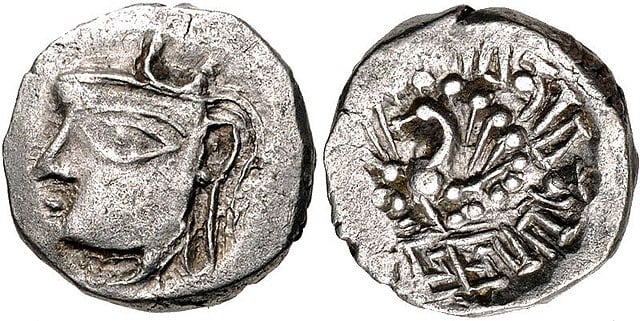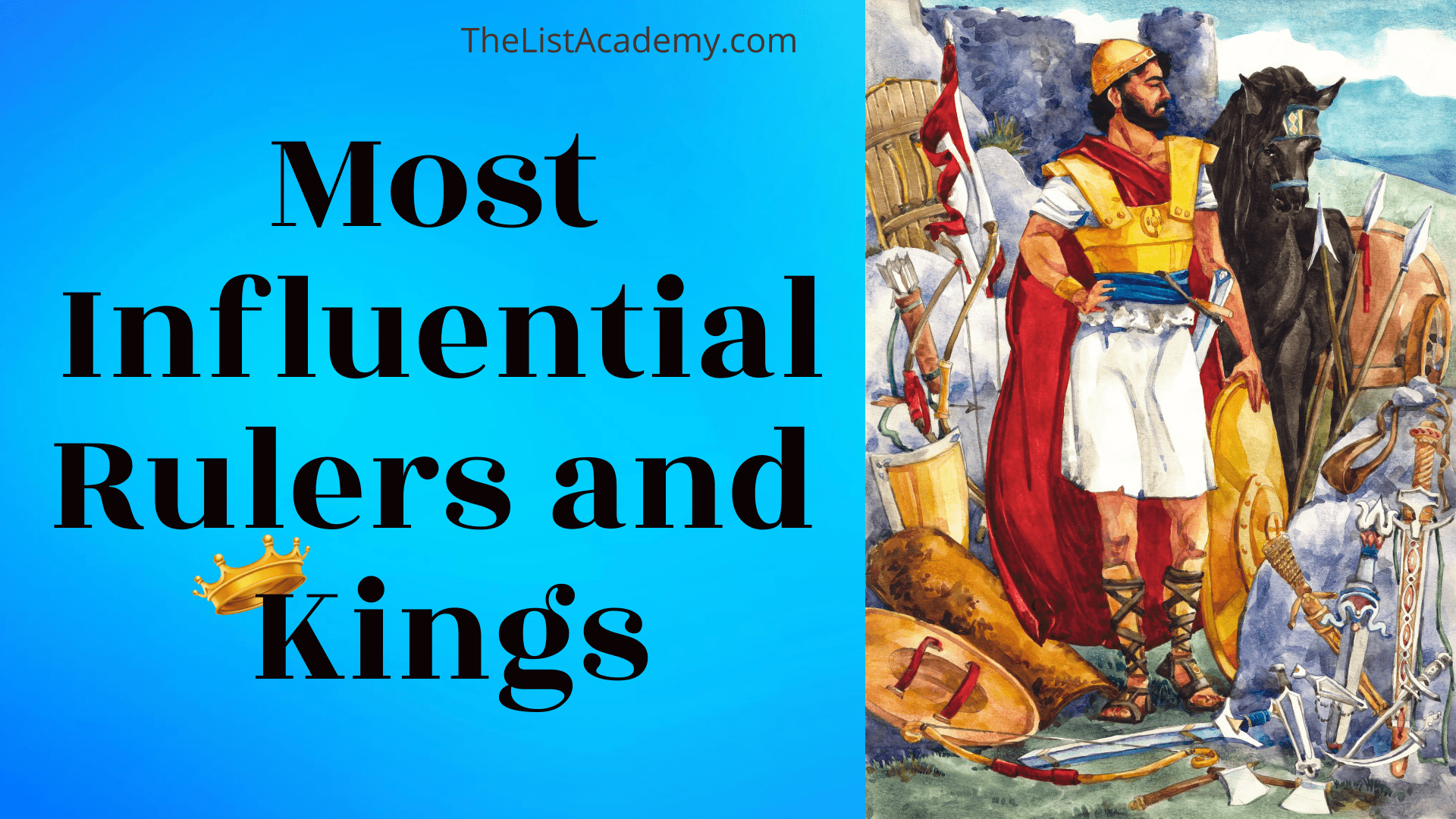
Harsha
Harshavardhana (c. 590–647 CE) was an Indian emperor who ruled North India from 606 to 647 CE. He was a member of the Vardhana dynasty; and was the son of Prabhakaravardhana who defeated the Alchon Huna invaders, and the younger brother of Rajyavardhana, a king of Thanesar, present-day Haryana.
At the height of Harsha’s power, his Empire covered much of North and Northwestern India, with the Narmada River as its southern boundary. He eventually made Kannauj (in present Uttar Pradesh state) his capital, and ruled till 647 CE. Harsha was defeated by the south Indian Emperor Pulakeshin II of the Chalukya dynasty in the Battle of Narmada, when Harsha tried to expand his Empire into the southern peninsula of India.The peace and prosperity that prevailed made his court a centre of cosmopolitanism, attracting scholars, artists and religious visitors from far and wide. The Chinese traveller Xuanzang visited the court of Harsha and wrote a very favourable account of him, praising his justice and generosity. His biography Harshacharita (“Deeds of Harsha”) written by Sanskrit poet Banabhatta, describes his association with Thanesar, besides mentioning the defence wall, a moat and the palace with a two-storied Dhavalagriha.

